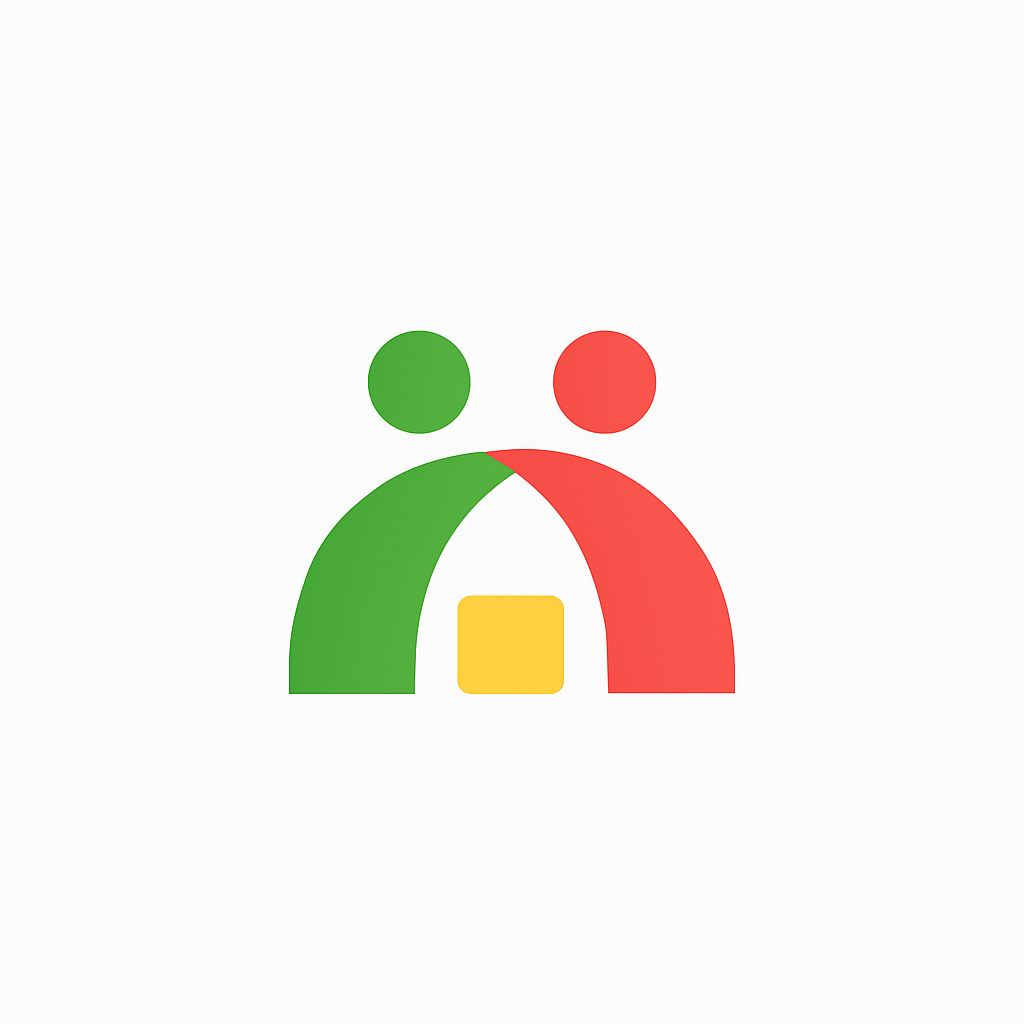September 2025 – The increasing use of artificial intelligence in creative industries has led to another development in digital branding. LogoAI, an AI-powered logo maker, has introduced its AI Icon Generator, a tool intended to help businesses, startups, and independent creators generate icons quickly without relying solely on traditional design workflows.
The release comes at a time when organizations of all sizes are seeking stronger visual identities to compete online. From app developers needing distinctive symbols to startups looking for recognizable branding, demand for icons has grown alongside the proliferation of digital-first businesses. Icons, once a niche aspect of design, now play an essential role in signaling credibility, accessibility, and style across platforms.

“Visual identity has become one of the fastest ways a new product communicates with its audience,” said Ping, founder of LogoAI. “AI tools like this are stepping in to support both professionals and non-designers in addressing that need.”
Analysts in the design technology sector point to an industry-wide shift: as AI models become more capable of generating usable creative outputs, businesses are exploring how these systems can reduce costs, shorten timelines, and offer new creative directions. Instead of positioning AI as a substitute for human designers, many platforms, including LogoAI, frame these tools as collaborators that expand what can be achieved in a shorter period of time.
The AI Icon Generator functions by allowing users to describe a concept in text form. The system then produces multiple visual interpretations of that idea, presented in different design styles such as minimal, abstract, outline, mascot, gradient, or monogram. Within seconds, users receive variations that can be evaluated and refined.
The output is delivered in vector format, making the icons usable across a range of applications, from website headers to mobile app interfaces. Observers note that this type of integration addresses one of the persistent challenges in design: ensuring visual assets are adaptable to multiple digital contexts without additional formatting work.
The launch reflects a broader pattern in creative technology. Over the past five years, AI has been introduced into industries as varied as copywriting, photography, film editing, and music composition. Design, particularly branding and marketing design, has emerged as one of the most active areas for experimentation.
Research from design consultancies suggests that startups and small businesses—groups often constrained by limited budgets—stand to benefit the most from accessible AI-driven design tools. These organizations typically lack in-house design teams and may find traditional agency services cost-prohibitive. Tools like the AI Icon Generator aim to bridge that gap by enabling faster asset creation.
However, experts caution that while AI tools can streamline production, they do not eliminate the need for human oversight. “AI can generate thousands of possibilities, but curation and context are still critical,” said one industry analyst. “A professional designer’s ability to align visuals with brand strategy remains essential.”
Early users of the tool have highlighted both its speed and adaptability. One health technology startup described using the generator to explore dozens of icon concepts for its mobile application. According to its co-founder, the process saved weeks of back-and-forth revisions and allowed the team to focus on testing the product with users rather than waiting on design iterations.
Such examples underscore the role AI may play in accelerating the early stages of product development, particularly when branding decisions need to be made quickly in order to move forward with marketing or fundraising.
Since its founding in 2018, LogoAI has focused on making branding tools more accessible. The company reports having served over three million businesses globally with services ranging from logo creation to brand guideline automation. Its website attracts millions of visitors each month, signaling growing interest in AI-assisted approaches to visual identity.
By adding icon generation to its toolkit, the company extends its scope beyond logos and into broader brand asset production. This move aligns with trends across the design industry, where platforms increasingly emphasize integrated solutions rather than single-purpose tools.
The introduction of the AI Icon Generator is likely to be seen as part of a wider shift toward AI-assisted creativity. As technology continues to mature, the boundary between professional design and accessible self-service tools may become less distinct. For entrepreneurs, freelancers, and small organizations, that shift could mean greater ability to experiment with brand identity without heavy upfront investment.
“Artificial intelligence is not about replacing creative work,” Ping added. “It’s about enabling more people to participate in it. The future of branding will be shaped by collaboration between humans and machines.”
Whether widely adopted or used selectively, the integration of AI into design workflows appears set to continue. The launch of LogoAI’s AI Icon Generator provides one example of how the sector is evolving and how businesses may adapt their creative processes in response.
Founded in 2018, LogoAI is a platform that applies artificial intelligence to branding. Its services include logo creation, automated brand guidelines, and digital asset production. More than 3 million businesses worldwide have used its tools to develop professional branding materials.
For additional information, visit www.logoai.com.
###
For more information about LogoAI, contact the company here:
LogoAI
Chris
5715919128
support@logoai.com
3764 PENDERWOOD DR






